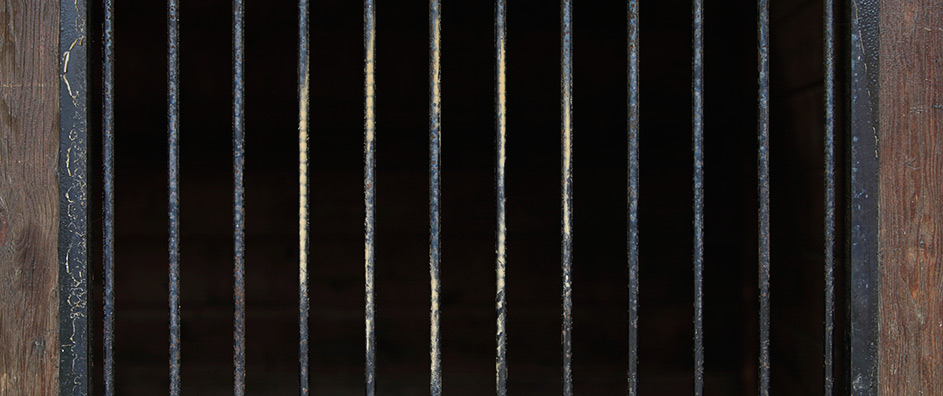In the myriad complexities of human existence, the survival of conscience emerges as a beacon of ethical guidance, particularly through the lens of Baha’i teachings. This perspective underscores the intrinsic value of conscience—an inner compass guiding individuals through the nebulous river of life, riddled with moral quandaries. The Baha’i Faith, with its emphasis on unity, justice, and spiritual evolution, elucidates the mechanisms through which conscience thrives, transforming the very fabric of society.
At the heart of Baha’i doctrine lies the belief that each soul possesses an innate connection to the divine, a facet of humanity often likened to a luminous thread in the intricate tapestry of existence. This thread, however, requires nurturing. The survival of conscience is contingent upon a fertile environment—one that not only acknowledges the voice of conscience but actively cultivates it. In this sense, education and personal development are paramount. Baha’is advocate for comprehensive education that transcends mere academic knowledge, extending into moral and spiritual realms. This holistic approach fosters a robust conscience, enabling individuals to discern right from wrong amidst the cacophony of societal influences.
In contemplating the metaphor of a garden, one can visualize the conscience as a delicate plant that necessitates attention and care. Just as a gardener tends to weeds that threaten to suffocate growth, so too must individuals confront the prejudices and biases that can cloud their moral judgment. The process of weeding out these detrimental influences may require introspection and a willingness to engage in self-improvement. Baha’is believe that the elimination of prejudice—whether based on race, class, or gender—is vital for the flourishing of conscience. Ironically, when one recognizes and uproots these societal weeds, the garden of conscience thrives, resulting in a rich harvest of virtues such as kindness, empathy, and justice.
Furthermore, the role of community cannot be overstated in the maintenance of a vibrant conscience. Baha’i teachings emphasize the collective nature of human experience, highlighting the belief that the individual’s spiritual and moral development is inextricably linked to the welfare of society. The community acts as a supportive ecosystem where individuals can share experiences, provide mutual assistance, and uphold moral standards. This communal bond reinforces the collective conscience—a shared awareness that transcends individual limitations and fosters a more substantial moral framework.
Interestingly, the Baha’i perspective advocates for the articulation of conscience not merely in personal or familial spheres but also in broader societal contexts. Ethical responsibility, as delineated within Baha’i thought, necessitates active engagement in social issues, echoing the sentiment that conscience must serve the collective good. This underscores the concept of a ‘social conscience’, one that expands beyond self-interest and resonates with the well-being of humanity as a whole. The Baha’i teachings thus challenge individuals to emerge from their metaphorical cocoons and engage in the vital tasks of social justice, equality, and peace.
Conscience, whether in its personal or collective manifestation, is never static; it evolves, adapts, and is influenced by the surrounding milieu. A Baha’i perspective acknowledges this dynamism, positing that through continuous spiritual education and Reflection, individuals can cultivate a more profound understanding of their own conscience. This transformative journey is akin to the metamorphosis of a butterfly—an intricate process that requires time, patience, and a willingness to embrace change. The Baha’i path is replete with opportunities for such transformation, encouraging adherents to partake in spiritual practices, communal prayer, and acts of service that invigorate the conscience.
In navigating the treacherous waters of modernity, where moral ambiguity often reigns, the survival of conscience faces formidable challenges. Contemporary society bombards individuals with conflicting values, leading to potential dissonance between personal beliefs and societal expectations. In this context, the Baha’i teachings serve as a stabilizing influence, providing a framework through which individuals can faithfully engage with the world while remaining anchored in their moral convictions. A distinctive feature of this framework is the emphasis on the importance of dialogue and consultation—a unique approach that not only respects diverse viewpoints but also cultivates a climate of understanding and respect.
In effect, the survival of conscience is a multifaceted pursuit, requiring unwavering dedication to personal growth, community involvement, and active engagement in the world. At its essence, it embodies the principles of love, unity, and truth, pivotal tenets of the Baha’i Faith. The journey may be fraught with obstacles, yet it is precisely these challenges that refine and elevate the human spirit, allowing for the emergence of a conscience that is not merely alive but flourishing.
Ultimately, the Baha’i perspective on the survival of conscience invites individuals to embark on a profound exploration of self and society. It illuminates the potential of conscience to serve as a guiding star, leading humanity towards an era characterized by justice, harmony, and understanding. In this light, the metaphor of survival transforms into one of thriving, whereby conscience not only endures but becomes a powerful catalyst for positive transformation within individuals and communities alike.
